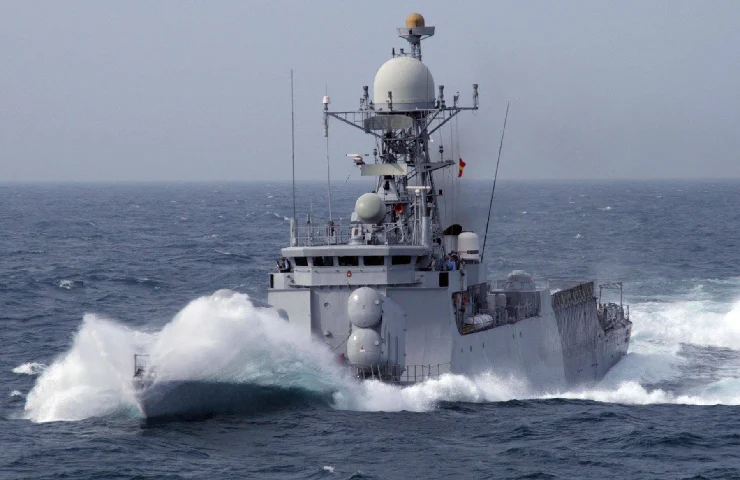Indian naval ship Khanjar participated in a two-day coordinated patrol with Indonesian vessel Sultan Thaha Syaifuddin in the Indian Ocean. India deployed its Dornier maritime patrol aircraft for the exercise.
This is the 37th Coordinated Patrol (CORPAT) between the two countries, which they have been carrying out along the International Maritime Boundary Line (IMBL) twice a year since 2002. The aim of the exercise is to keep the Indian Ocean Region safe and secure for commercial shipping and international trade.
Spokesperson of the Indian Navy, Commander Madhwal said: "The CORPATs help build understanding and interoperability between navies, and facilitate institution of measures to prevent and suppress Illegal Unreported Unregulated (IUU) fishing, drug trafficking, maritime terrorism, armed robbery and piracy".
Giving insight into the naval exercise, Baladas Ghoshal—former chairman of the Centre for South and Southeast Asian Studies, JNU, and former General Secretary at the Society for Indian Ocean Studies says that the CORPAT is part of a long-standing arrangement between the two countries. "It establishes understanding between the two navies and enhances their knowledge of the maritime domain."
Chinese Coast Guard clashes with Philippine military supply boats in the Spratly Islands
Taiwan sends submarine to South China Sea, but will that deter China?
Ghoshal adds that by holding these exercises, India and Indonesia seek to build a stable regional order so that China does not become a disruptive force. "But what is to be noted is that the participating countries also keep within their limits so as not to cause offence to China or other countries".
He adds that from India's perspective these naval exercises serve a certain purpose. "Through these measures, India shows its solidarity with the participating countries".
With China's economic and military growth, a number of countries have been at the receiving end of Beijing's hostilities. This has spawned increased networking between many countries of the Indo-Pacific. Western nations led by the US too have been holding frequent freedom of navigation exercises in the region, particularly the contested areas of the South China Sea.




















